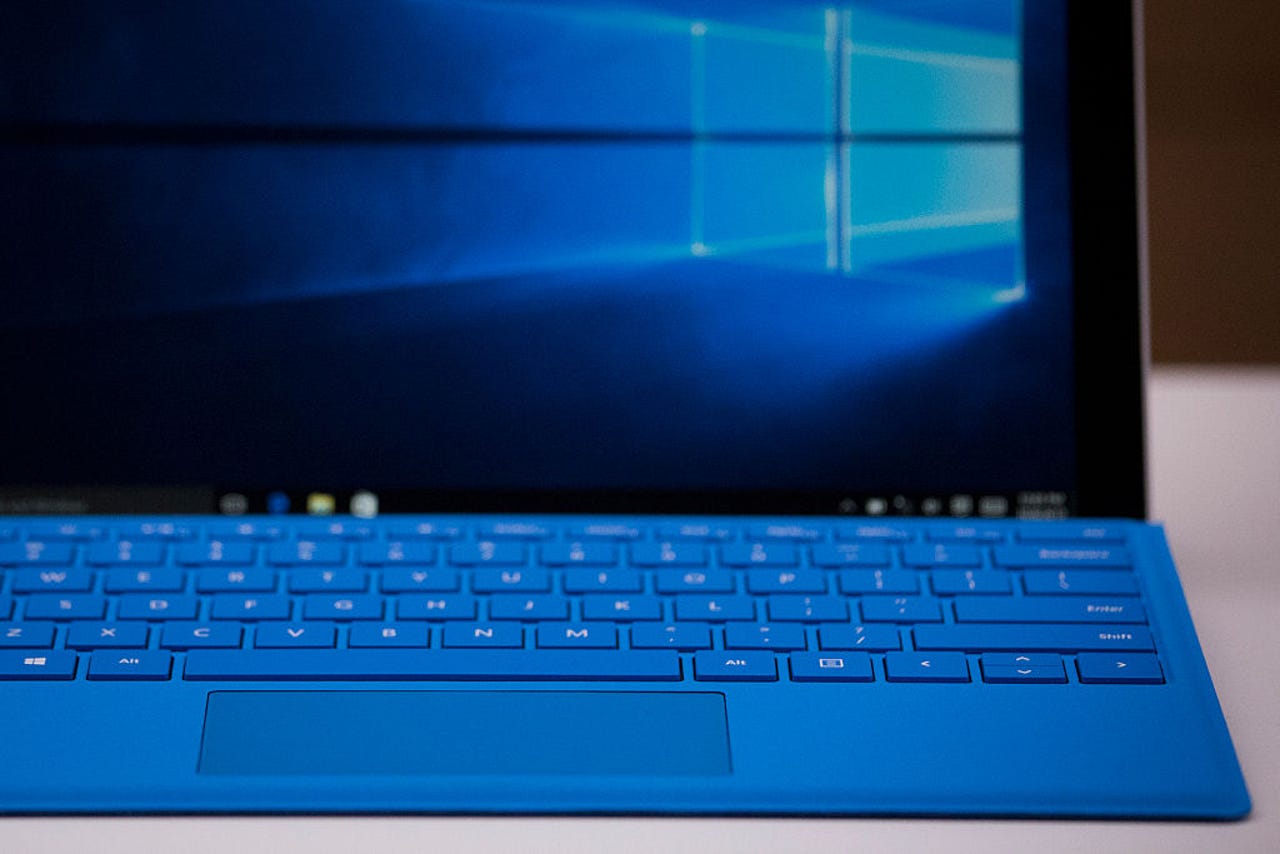
































As Windows 10 nears its end-of-support deadline, Microsoft is executing a familiar game plan for its business customers. Last December, the company confirmed it would offer a subscription-based option to customers who want to continue receiving security updates for Windows 10 after October 14, 2025, mirroring a similar program Microsoft ran in 2020, when Windows 7 reached its end of support.
Also: Windows 12 FAQ: Is it coming in 2024? (Plus some surprising predictions)
And now, right on schedule, we know what those updates will cost, at least for Microsoft's most profitable customers. In a post on the Windows IT Pro Blog, Microsoft's Jason Leznek offered up a price list for business customers; a separate post on the Microsoft Education Blog offered a much more attractive set of prices for education customers. The company has previously confirmed that it plans to offer a version of this program for consumers, but those details aren't yet available.
Business customers will need to pay dearly to stick with Windows 10. A license for the Extended Security Updates (ESU) program is sold as a subscription. For the first year, the cost is$61. For year two, the price doubles, and it doubles again for year three. The blog post doesn't do the math on those, probably because the total is uncomfortably high. A three-year ESU subscription will cost$61 +$122 +$244, for a total of$427.
The program closely resembles what Microsoft offered for Windows 7's end-of-support date four years ago, although the Windows 10 price is 22% higher than the$350 total cost of that program, which started at$50 for year one.
Don't think you can game the system by jumping into the program after sitting out for a year or two. "ESUs are cumulative," Microsoft said, and you can't buy year two unless you've already paid for year one.
Education customers are getting off much easier. The rules are the same, but the price for the first year is$1. It doubles to$2 in the second year and doubles again to$4 in the third and final year, for a grand total of ...$7.
Also: Windows 12 FAQ: Is it coming in 2024? (Plus some surprising predictions)
Administrators who want to get a head start can sign up for the first year of an ESU license as early as October 2024, one year before the actual end-of-support date.
As was the case with Windows 7, Redmond really wants business customers to upgrade to Windows 11, which explains the high price tag. Today's announcement talks just as much about what you don't get with an ESU license as it does about those updates.
Extended Security Updates are not intended to be a long-term solution but rather a temporary bridge. ESUs do not include new features, non-security fixes, or design change requests. The ESU program does not extend technical support for Windows 10. Technical support is limited to the activation of the ESU licenses, installation of ESU monthly updates, and addressing issues that may have been caused due to an update itself.
Businesses that use one of Microsoft's official cloud-based update management services, like Microsoft Intune and Windows AutoPatch, get a discount that takes the first year cost down to$45, but Microsoft doesn't specify what happens in the second and third years.
Also: The best Windows laptop you can buy: Expert tested
There's also an option for businesses that sign up for Windows 365. Subscribers who access their Cloud PC on Windows 365 from a physical device running Windows 10 automatically get an ESU license for their Windows 10 PC.
In the meantime, the tens or hundreds of millions of consumers and small businesses stuck on Windows 10 -- because their hardware isn't supported on Windows 11 -- are still waiting for word on what they're supposed to do. Microsoft's recommendation, naturally, is "Buy a new PC." But asking customers to throw away a perfectly good PC seems like a tone-deaf ask from a company that touts its sustainability efforts.
The Windows 7 ESU program was messy and not exactly friendly to small businesses. It's possible that Microsoft is better prepared this time around. They'd better be, because there are going to be a frightfully large number of PCs that will need support when October 2025 rolls around.
 Etiquetas calientes:
tecnología
Etiquetas calientes:
tecnología